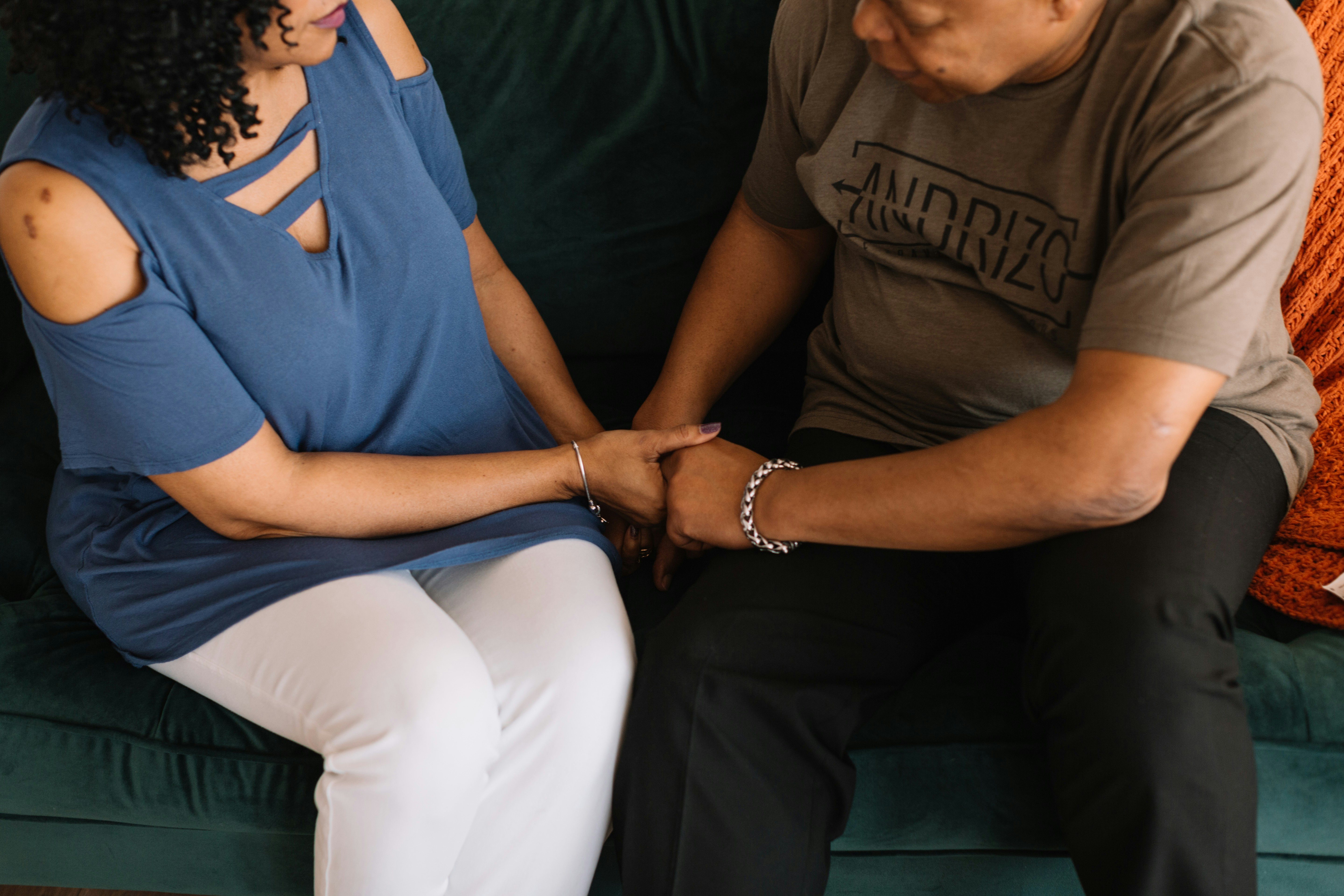In a Christian Marriage, Who’s in Charge?
In the past, the issue of a power differential between men and women has been difficult to discuss objectively because it has been so highly politicized. Some believe that views on gender are fiercely defended because they maintain “gender-based power structures.” From a power-struggle perspective, each side might seek evidence to support claims that one sex is better or worse, weaker or stronger, to exert control or dominance over the other.
Unhealthy Power Struggles
As a result of wrestling for power in the relationship, confusion, speculation, and myth grow, and ultimately, unhealthy expectations develop between spouses. The outcomes of these unhealthy power struggles can result in more than arguments and misunderstandings; they can also correlate with sexual abuse, assault, and chronic dissatisfaction in the relationship. Unhealthy expectations and assumptions lie at the foundation of many difficulties couples struggle to overcome in their relationships.
The Path to Freedom
Christ offers an alternative solution to these power struggles in the Book of Ephesians (Chapter 5, v. 32-33). These verses suggest that a Christian marriage should resemble God’s relationship with the church. This model has the potential for a much higher success rate than the current mutual contract marriage, seen both in and out of the church. This is God’s path to freedom.
In this “Three Person” or “Triune” marriage model, the marriage is supposed to mimic God’s triune nature in miniature. The husband is to model his behavior after that of Jesus Christ (Eph. 5:25). The wife is to model her behavior after the Church and the Holy Spirit (Eph. 5:22, Proverbs 31, Gen. 2:18. (Interestingly, in Is. 20:5, the use of the term “ezer,” or helper, is applied to both Eve and God as helper to man.) In this model, the husband follows God’s direction just as Jesus said he could do nothing that God the Father didn’t tell him or show him to do (John 5:19, 14:10). In this way, the wife follows God’s direction as well “as to the Lord” (see Abigail in 1 Sam. 25).
Trusting God… and Each Other
From a marital therapy perspective, when I ask wives, “Would you follow your husband’s leadership if you knew his decisions were from God?” or I ask husbands, “Would you listen to your wife’s input if you knew she just heard the direction from God Himself?” I don’t get an immediate “no.” There is no reflexive negativity, no power struggle. When working with couples that have a committed relationship with God, the answer is generally “yes.” When I ask this population “why,” the answer I get is, “because I can trust God.”
The problem is that, to make this model work, God has to be seen as a living, breathing participant in the marriage. It doesn’t work if God is just an ideal, or wise words from an old book. When God leads the relationship, the question isn’t “who is in charge?” It is understood between spouses that God is in charge. The central question then becomes, “How do we help each other hear Him clearly?” Research suggests that only 10 percent of marriages where the spouses pray together, where both spouses join to seek God’s direction, end in divorce (Gallup, 2018; Institute for Family Studies, 2016). This is a very different statistic from other marriage models, where the divorce rate is much higher.
The Right Question to Ask
What does this have to do with mental health, or marriage and family counseling? The answer is to consider how your conflicts might look if the fight was not you against your spouse? Can the question instead be “how can we hear God more clearly”?
If you are interested in this kind of transition in your marriage relationship, contact Dr. Luigi Leos here at Stanford Couples Counseling.



